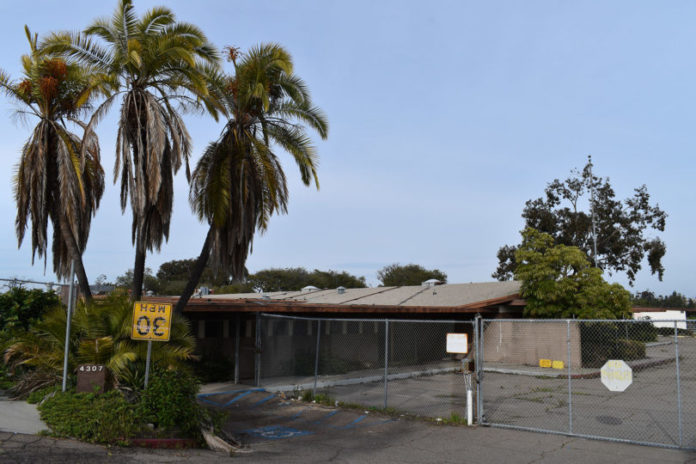By José A. Álvarez, County of San Diego Communications Office
The County Board of Supervisors today got an update on and voted to take the next step in immediate and long-term strategies to support San Diegans in psychiatric crisis and to help prevent such incidents from occurring.
The central focus of these strategies is to engage in regional collaboration to strengthen behavioral health services in San Diego County, with a primary goal transforming them from crisis to chronic care.
One of the first steps is to make sure that people with psychiatric needs have access to services that are in the area where they live and are interwoven with their sources of social and family support. The second is to make sure that most behavioral health systems of care are interconnected so that they are seamless and sustained.
County experts highlighted specific investment plans on behavioral health hubs in the central and northern areas of the region.
The new hubs and network model are expected to reduce the number of emergency department visits and inpatient bed stays due to a psychiatric crisis and to reduce jail stays and homelessness. Some of the upcoming projects include:
•In collaboration with UC San Diego Health and Scripps Health, the County plans to open a 60-bed psychiatric facility in Hillcrest at a County-owned property on Third Ave. that has been vacant for years.
•The County will also be working with Palomar Medical Center in Escondido to open a psychiatric hospital operated by Palomar. The facility will include beds for use by people enrolled in Medi-Cal and a 16-chair crisis stabilization unit.
•A crisis stabilization unit is also expected to open in Vista and another one in Oceanside at the County’s Live Well Health Center.
•Enhanced inpatient psychiatric services for older adults in partnership with Alvarado Medical Center.
•
An agreement with Tri-City Medical center for a 16-bed psychiatric health facility in Oceanside.
•A partnership with Rady Children’s Hospital is expected to increase crisis stabilization services for children in the region. Rady Children’s Hospital has seen an increase in emergency use in the past eight years, including youth experiencing mental and substance use disorders at the same time, a condition known as co-occurring disorders.
•Another measure being considered is an expanded threat assessment and a School Safety Program that will provide non-crisis services, including specialized evaluation and treatment as well as training and education for students, their family and the school community.
•Some long-term planning includes the creation of behavioral health hubs and networks in the East and South regions of the county.
Behavioral Health Conservatorship Pilot Program
The Board of Supervisors voted for the County to develop a conservatorship procedure pilot program for people with serious mental illness who are not able to care for their health or their well-being. Recommendations for the program are expected to occur within a year.
The Conservatorship Pilot Program is needed because even with programs like Laura’s Law and the In-Home Outreach Team, some people with co-occurring disorders may require additional assistance and intervention. State Senate Bill 40, recently signed into law by Governor Gavin Newsom, allows certain counties to implement such pilot programs.
Update on Drug Medi-Cal
The supervisors also got an update on the County’s Drug Medi-Cal Organized Delivery System which went into effect during fiscal year 2018-2019.
The new system allows more people to access substance use disorder services. During its first year, more than 12,500 people were receiving outpatient and residential services, a 14% increase from the previous year.
The system also improved the quality of services by expanding network capacity and services, increased access and aligns with evidence-based practices and standardized level of care assessment and enhanced care coordination.
Drug Medi-Cal has also resulted in the development of individualized action plans and access to advance funds specifically to build program capacity, resulting in a 42% increase in the number of facilities certified to bill the new system for services.
Now in its second year, Drug Medi-Cal efforts will focus on achieving full-system capacity to increase outreach and engagement of people in need of substance use treatment and support services.
José A. Álvarez is a communications specialist with the County of San Diego Communications Office.



















